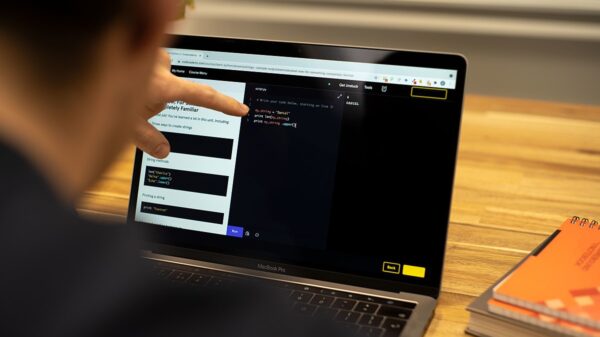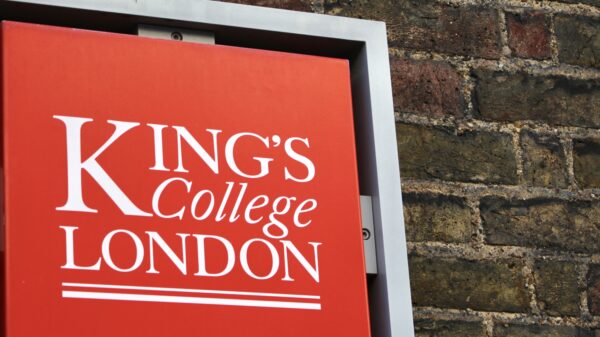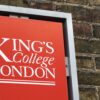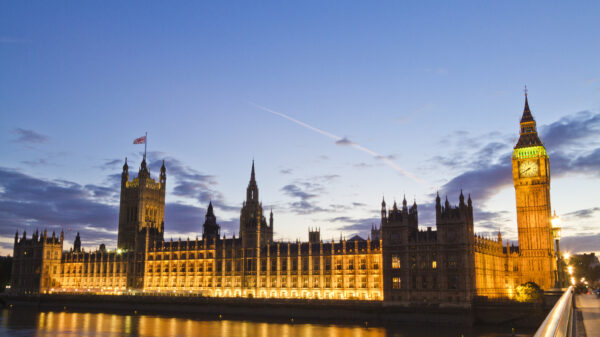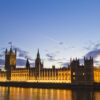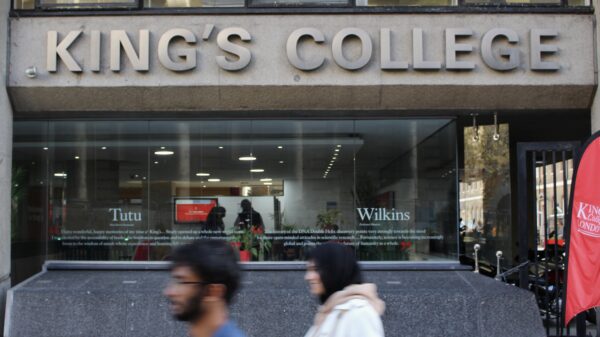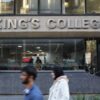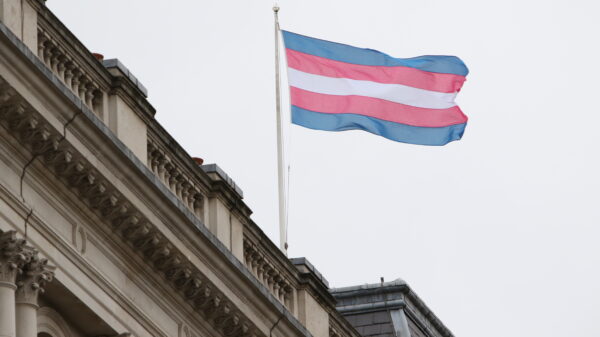King’s College London has recently been making strides towards inclusivity for their transgender students. Campuses are threaded with gender-neutral toilet facilities and since August 2017, the Trans Matters training scheme has been taken up by staff across departments, providing training on topics such as pronoun usage and the distinction between sex and gender. In spite of this, KCL has missed a key, potentially dangerous barrier to many trans students’ safety and inclusion in university life. The culprit: how they assign names to student IDs.
KCL has a policy where students can only have their legal names on their identity cards, which is a real barrier for most trans international students.
I was lucky enough to be born in the UK, where anyone over 16 can self-declare their legal name and title. By writing out the script for a statutory declaration and having it signed by two professional witnesses (which, in my case, were my old teachers), they give themselves a golden ticket for changing their financial, tax, and medical records. With little more than paper, a pen and two supportive professionals, transgender home-students like me can gain the legal documents KCL wants in less than a day.
This is not the case for everyone. I have met students from Italy and the USA that, under their current circumstances and their region’s laws, are barred from having their names legally recognised. This then contaminated how KCL assigned their ID’s. By being dealt a bad hand in the game of national identity, they may well spend the next 3 years here branded with names they do not use.
Allegedly, this policy is for student safety. But in effect, it puts all students at risk.
Firstly, their ID card could ‘out’ a student as trans to the public. This is especially true if they are cis-passing. Inside the safe, socially liberal bubble of university, this isn’t the end of the world. But we move and interact with the diverse population of London, and some people here have very colourful opinions of us.
Increasing visibility of trans people has put many at risk, with anti-trans and homophobic hate crimes in England and Wales having risen by 144% between 2013-14 and 2017-18. If someone who is particularly sharp-eyed and unkind catches a glimpse of an ID where the name does not seem to match the face it is next to, it’s owner could be put in a lot of danger.
Secondly, it creates a discrepancy between how KCL admin identify a student and how those who interact with them – their classmates and flatmates – identify them. If an ID card is lost and there is miscommunication between staff and a student’s peers, it cannot be returned as quickly. An unreturned ID is then more likely to be picked up and used by someone who really should not be using it.
This could be easily fixed by letting students declare a preferred name when they register at the university. Secondary schools across the UK do this, as does UCAS, without being struck by administrative Armageddon. It would not just be useful for trans students, but for any students who for individual, cultural or political reasons use two first names.
Student Records could mediate between students’ legal and social identity, making it easier for their peers and staff to work together to keep track of them. The trans students affected would no longer need to bury their ID’s at the bottom of their bags, turn them face-down on their kitchen desks or backwards in their card holders.
Living and studying in the London metropolis in some of the most rigorous degree programmes in the world is stressful enough as it is. For the affected trans students this snag only serves to make their lives a bit more difficult.
If King’s are truly committed to make the university more inclusive, implementing this simple change would make not only their trans students, but their whole student body more equal and safer.








